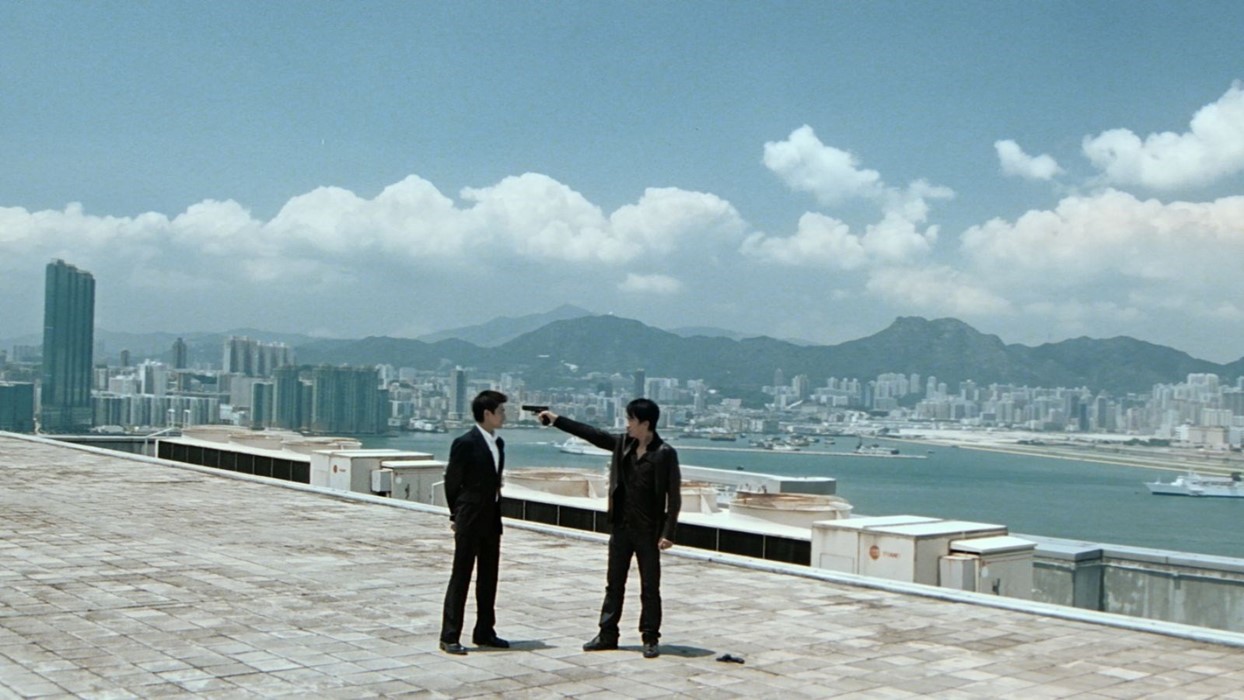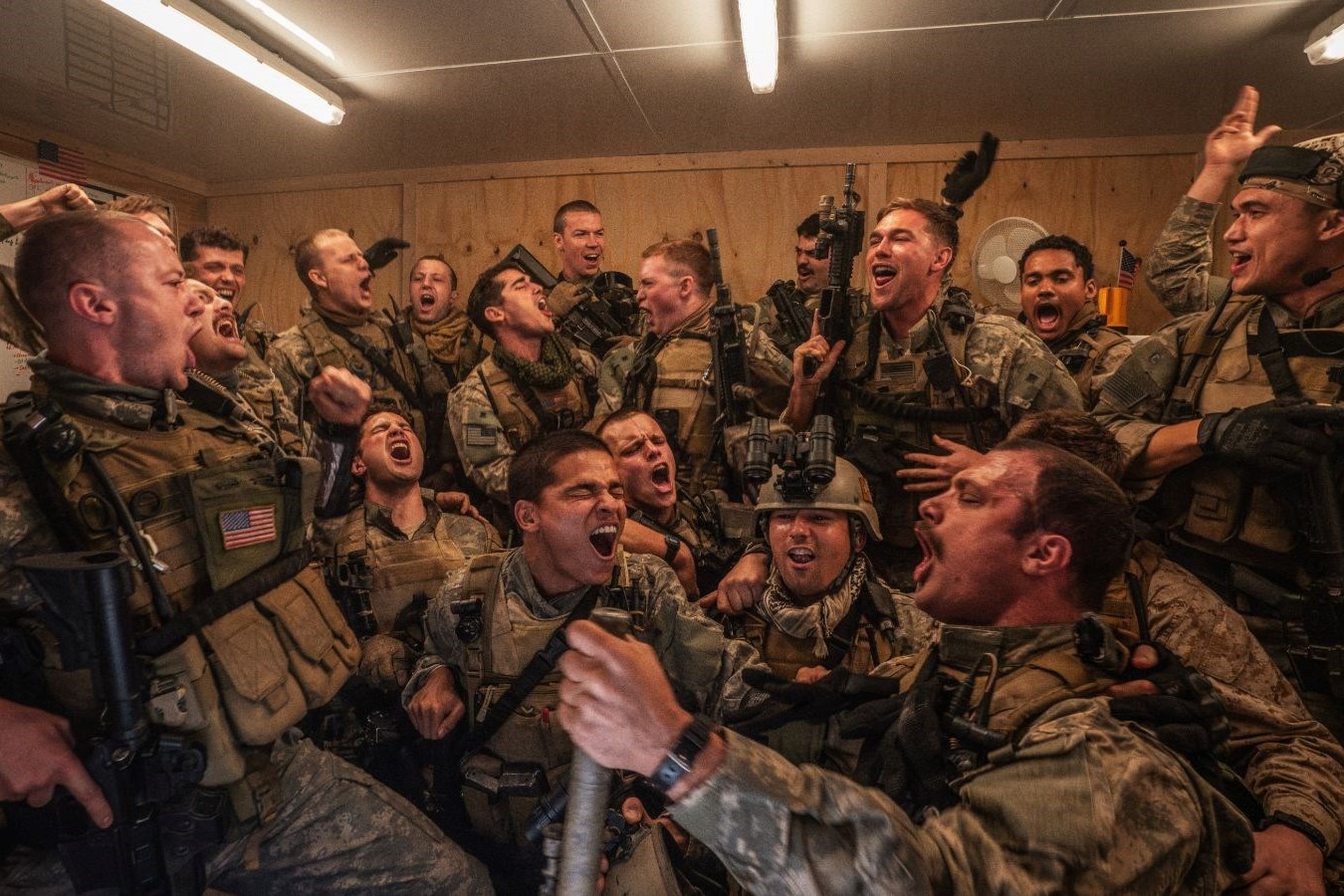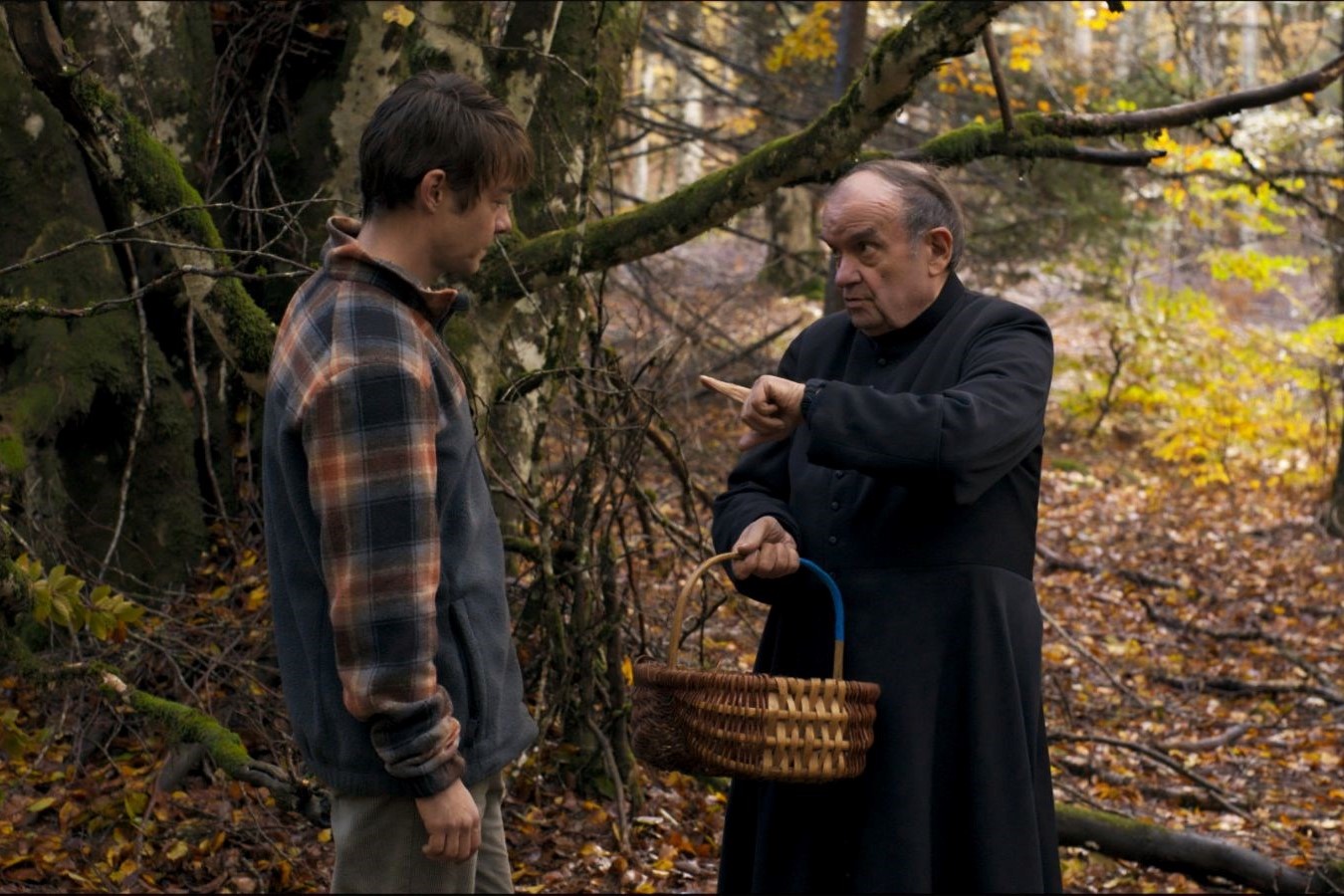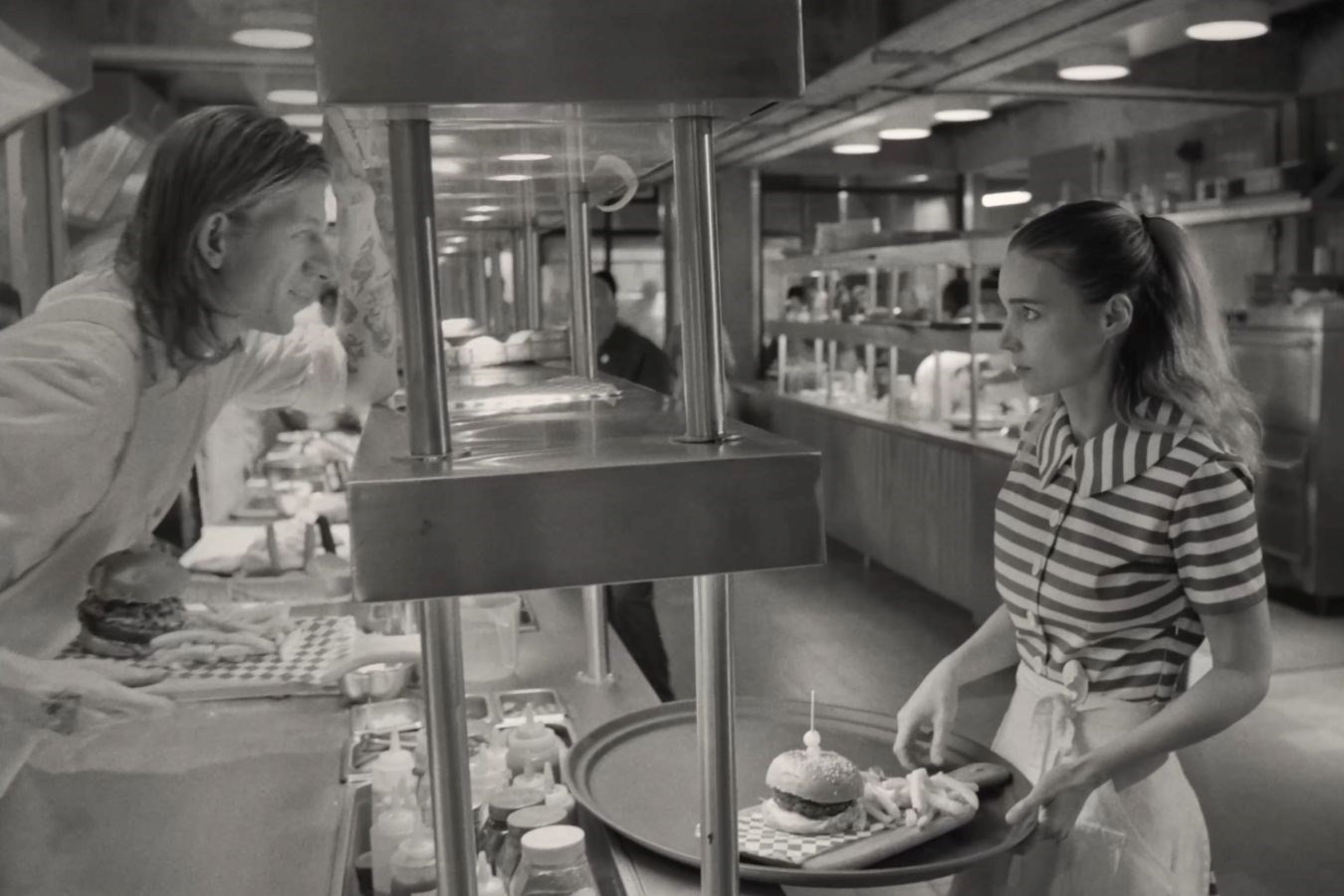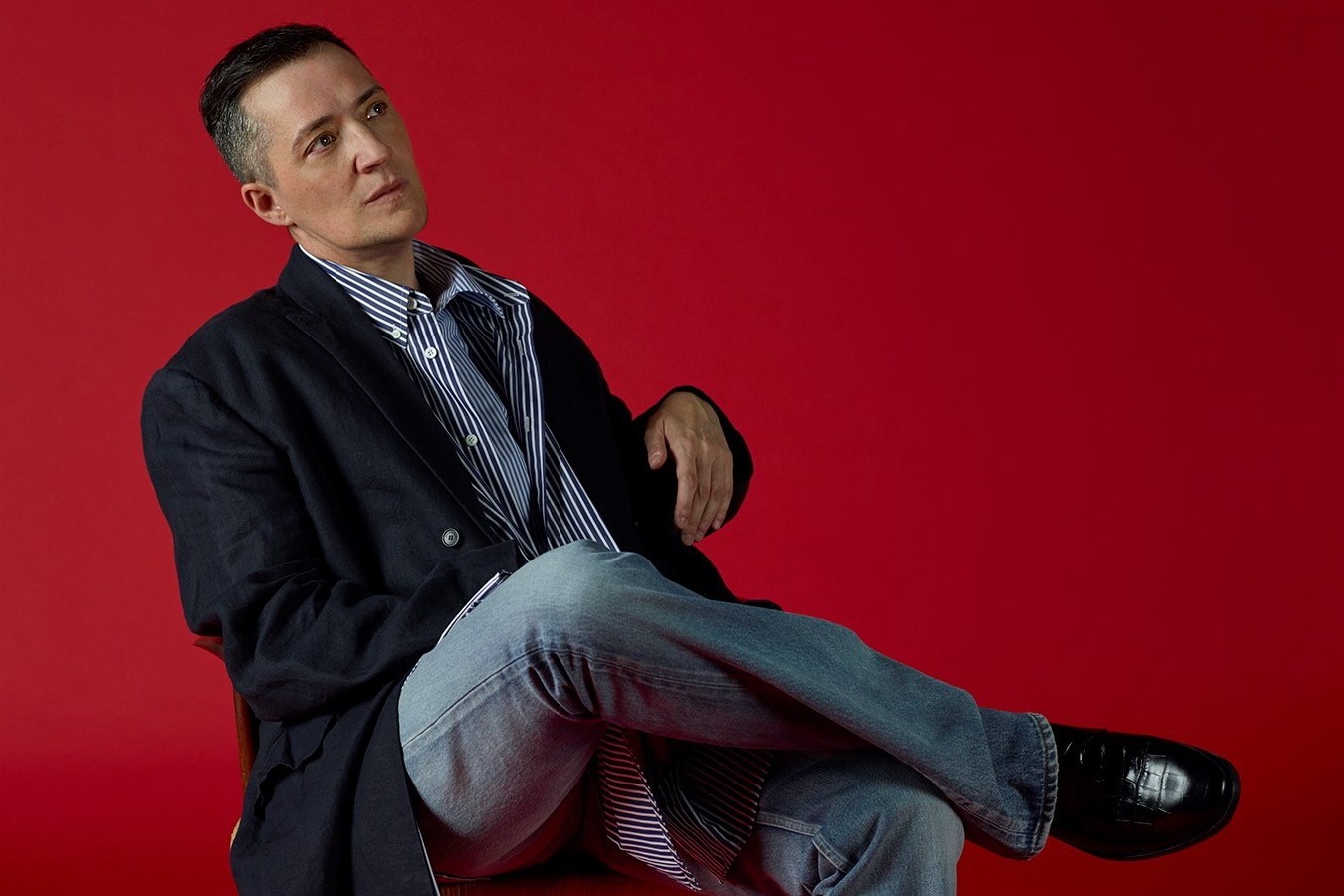As it celebrates its 20th anniversary this year, James Balmont considers the film’s subversive legacy and why – amid fresh disruption in Hong Kong – it “has never felt more relevant”
Shadows, fire, and great stone statues dominate the opening of Infernal Affairs like some hellish James Bond title sequence. But despite the bombastic insinuations, the film that follows is neither hokey fantasy nor an adrenalised bullet ballet like the ones Hong Kong was once known for. A complex metropolitan crime thriller of the sharpest order, Infernal Affairs would defy expectations in many ways upon its release in 2002 – and at the height of one of the industry’s darkest eras, this was the film that briefly put Hong Kong cinema back on the world map.
Lau (Andy Lau) is an ambitious and high-ranking police inspector secretly planted in the bureau by a powerful crime lord, Sam (Eric Tsang). One of the gangster’s top henchmen, meanwhile, is Chan (Tony Leung) – an undercover policeman whose true identity is unknown to all except police Superintendent Wong (Anthony Wong). As both sides of the law prepare to strike in the midst of a major criminal investigation, the two moles become aware of one another’s existence. They only have so much time to identify each other before they are exposed themselves.
With duplicitous themes and mirror visuals aptly reflecting Hong Kong’s identity crisis at the turn of the century, the film would be a huge hit at the box office and at awards ceremonies both at home and overseas, spawning two sequels, an Oscar-winning Hollywood remake, and scores of filmic doppelgangers. And as it marks its 20th anniversary this year, entering the Criterion collection for a UK re-release on November 28, Infernal Affairs still endures as one of Hong Kong’s greatest crime sagas. But why?
From the late 80s to the early 90s, Hong Kong enjoyed a cinematic golden age. Auteurs like Wong Kar-wai (In The Mood For Love) and Stanley Kwan (Rouge) were beginning their ascents in the arthouse world, while mainstream filmmakers like John Woo (A Better Tomorrow), Ringo Lam (City On Fire) and Tsui Hark (Once Upon a Time in China) were releasing action-packed blockbusters that made superstars of Chow Yun-fat and Jet Li. An explosion of pornographic and gruesomely violent exploitation films occurred with the introduction of Hong Kong’s notorious ‘Category III’ film classification system. And with around 300 full features completed in 1993, the ‘Hollywood of the East’ was exporting works all over the continent to major box office returns.
It wasn’t to last. Criminal disruption had already led to Jet Li’s manager’s murder in 1992, after he refused to loan out his star to a Triad-produced movie, while Carina Lau (Flowers of Shanghai) was kidnapped from the set of Days of Being Wild. The looming Hong Kong Handover of 1997, in which autonomy would be transferred from Britain to Mainland China, only made things worse – with Hong Kong filmmaking figureheads like Woo, Lam and Hark departing for Hollywood, fearing stifled creative liberties and diminished work opportunities at home. Rampant piracy and the 1997 Asian Financial Crisis fuelled cinema closures and reduced budgets. And by 1998, only 85 features were completed as the industry nose-dived into recession.
But in 2002, two experienced filmmakers Andrew Lau (a cinematographer on City on Fire and Wong Kar-wai’s Chungking Express) and Alan Mak completed a different kind of Hong Kong crime thriller – resisting pressure from production house Media Asia to “add more action scenes” and instead addressing the country’s identity crisis with nuance. Instead of literally swapping faces, as the absent Woo had done with John Travolta and Nicolas Cage in his 1997 Hollywood sensation Face/Off, Mak wanted his characters to “swap destinies”. The result was a work less concerned with spectacle than it was with human nature, deriving tension from sharp editing, intricate plotting, and suspenseful dialogue, and achieving some of the greatest shocks and twists in contemporary cinema in the process.
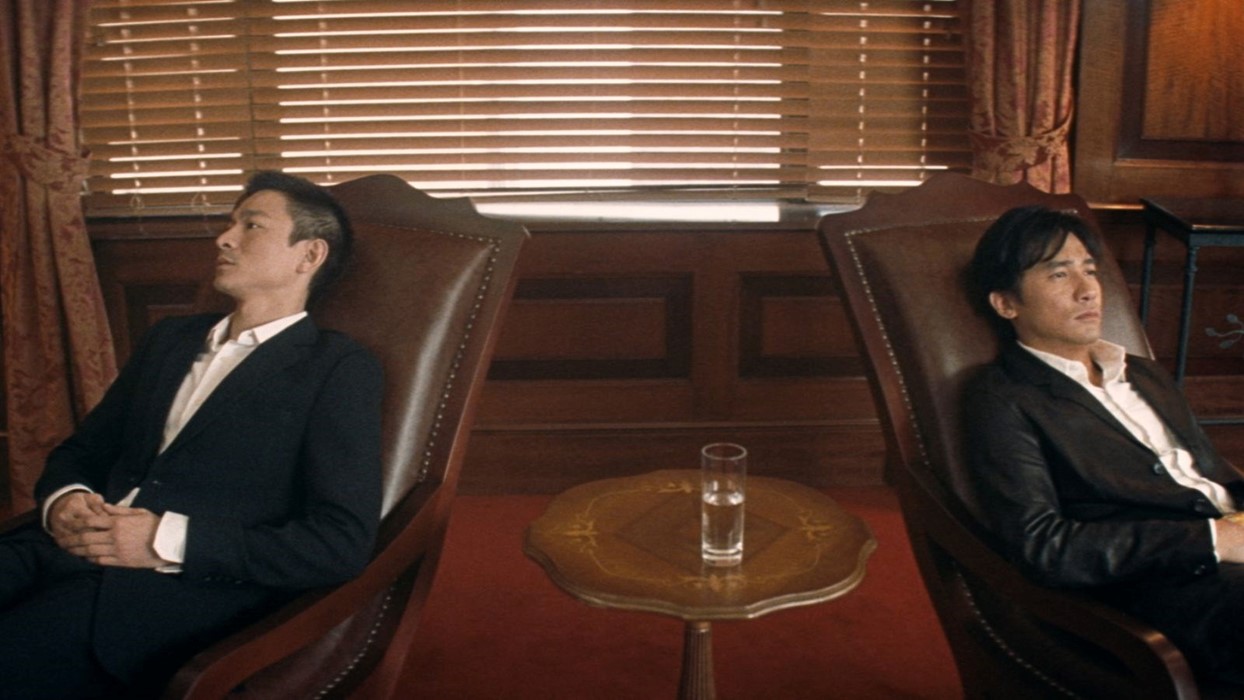
One of Infernal Affairs’ biggest assets was its incredible cast – and, indeed, the sight of icons Leung and Lau in a battle of wits on-screen was something almost akin to De Niro and Pacino facing off in Heat. But the roles in which they were cast were unconventional considering their reputations, adding a whole other level of subversion to a film rife with duplicities.
Leung was known as a charismatic lead, admired for his charm and suaveness in films like Chungking Express and In The Mood For Love (the latter of which won him the Cannes Best Actor award in 2000). As an undercover cop portraying a lowlife in Infernal Affairs, though, he’s sloppy, unkempt, and broken – sporting a greasy moustache and arm cast. The hawkish Lau, similarly, was known as the “heroic gangster” of films like As Tears Go By, or the loveable rogue biker in cult smash A Moment of Romance. Here, he’s a nuanced villain, calculated in his actions but vulnerable at the core.
It’s a move exemplified further in the roles of police Superintendent Wong and his opposite, the gangster Hon Sam. The former is played by Category III exploitation king Anthony Wong, regarded for his intense portrayals of serial killers (Ebola Syndrome) and Triad enforcers (Hard Boiled). The portly and intimidating Eric Tsang, meanwhile, was previously typecast for playing bumbling sidekicks in mob films – and since 1995, he was also the long-running host of a popular television variety show.
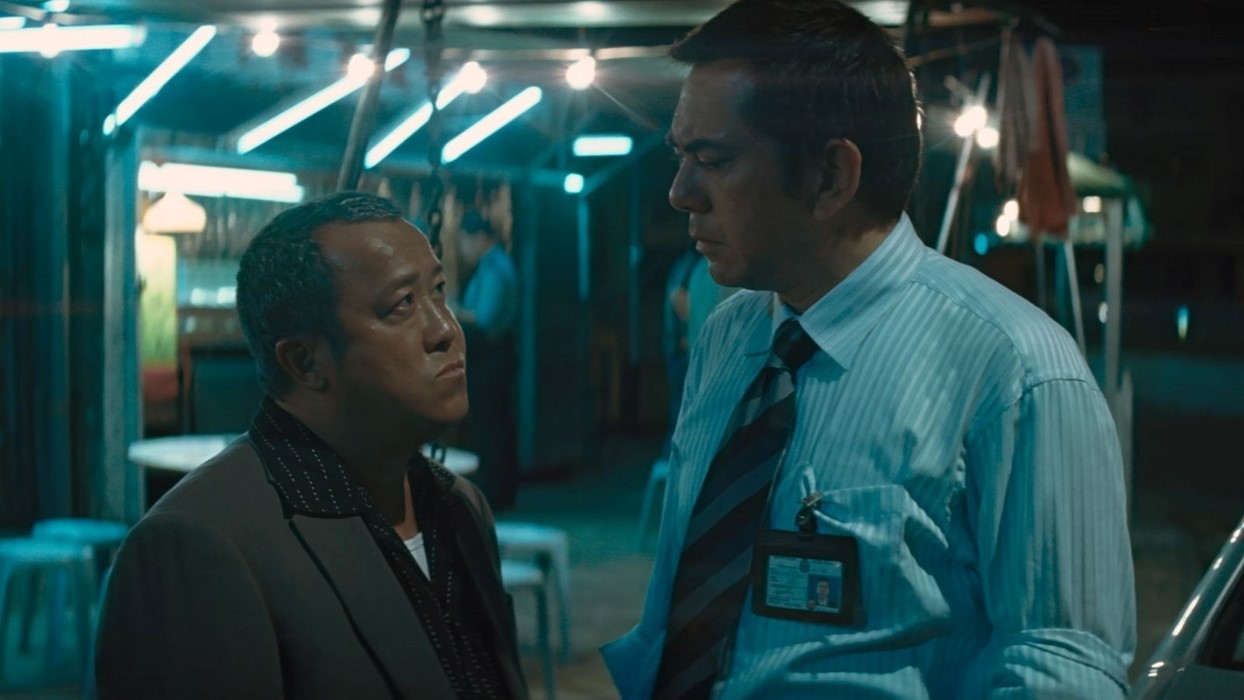
These role reversals paid dividends. Infernal Affairs was nominated for 16 Hong Kong Film Awards following its huge box office success, with all four actors nominated for major prizes. At both the aforementioned and at the Golden Horse awards (Taiwan’s Oscars), Leung and Wong walked away with Best Actor and Best Supporting Actor, while the film itself won accolades including Best Film and Best Director. It was submitted for Academy Awards consideration the following year, as Miramax acquired the rights for US cinematic distribution.
Fresh disruption and financial devastation followed in Hong Kong – this time the result of the SARS epidemic. (And despite highlights like the works of auteur Johnnie To, and Academy Award nominee Better Days, the industry has still not yet recovered to the glory days of old.) Nonetheless, two more films followed within a year to complete an impressive, Godfather-esque trilogy. But the greater flattery would be found in the film’s repeated imitation (or, indeed, duplication) overseas in the years that followed.
Recent South Korean hits like New World and Hunt (both led by Squid Game star Lee Jung-jae) bear more than a few parallels in their tales of infiltrators and espionage in the criminal underworlds and secret service, respectively. But even more successful was 2006’s The Departed, which relocates events from Hong Kong to Boston, replacing the Chinese Triads with an Irish mob led by Jack Nicholson, and starring Leonardo DiCaprio and Matt Damon in the roles played by Leung and Lau. Incredibly, it’s still the only film for which Martin Scorsese has won Best Director at the Oscars.
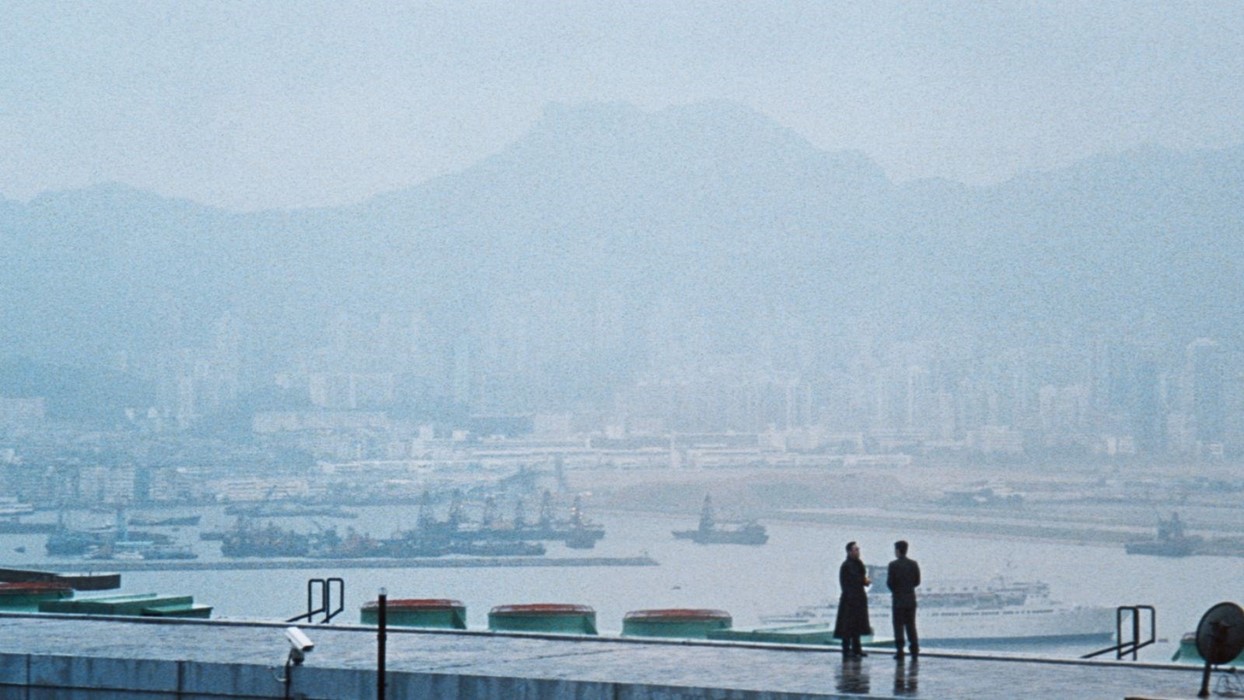
The deceptions and moral ambiguities explored in Infernal Affairs may never again be fully replicated in Hong Kong cinema. As of 2021, the industry is now subjected to strict censorship laws courtesy of the Chinese government (indeed, an alternate ending already had to be shot for Infernal Affairs’ Mainland release). But with fresh identity crises enduring among Hong Kong nationals in the present in the wake of disruption and protest in recent years, Infernal Affairs has never felt more relevant.
While the trilogy couldn’t quite save Hong Kong cinema in the 00s, it did, as Justin Chang (Los Angeles Times film critic and Criterion author) puts it, give it “a few of its finest hours”. In 2022, the allure is still striking; Infernal Affairs remains a saga worth turning your head for.
The Infernal Affairs Trilogy is available to buy on Criterion Collection Blu-ray on 28 November.
